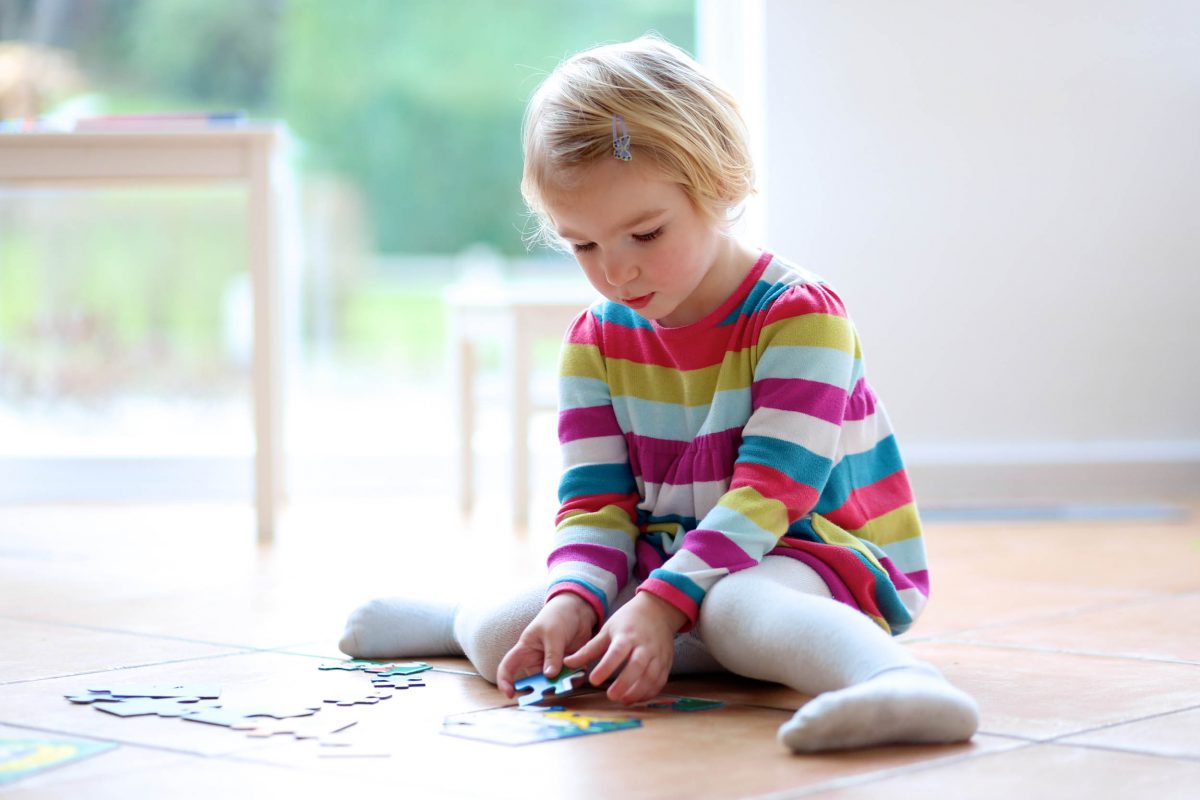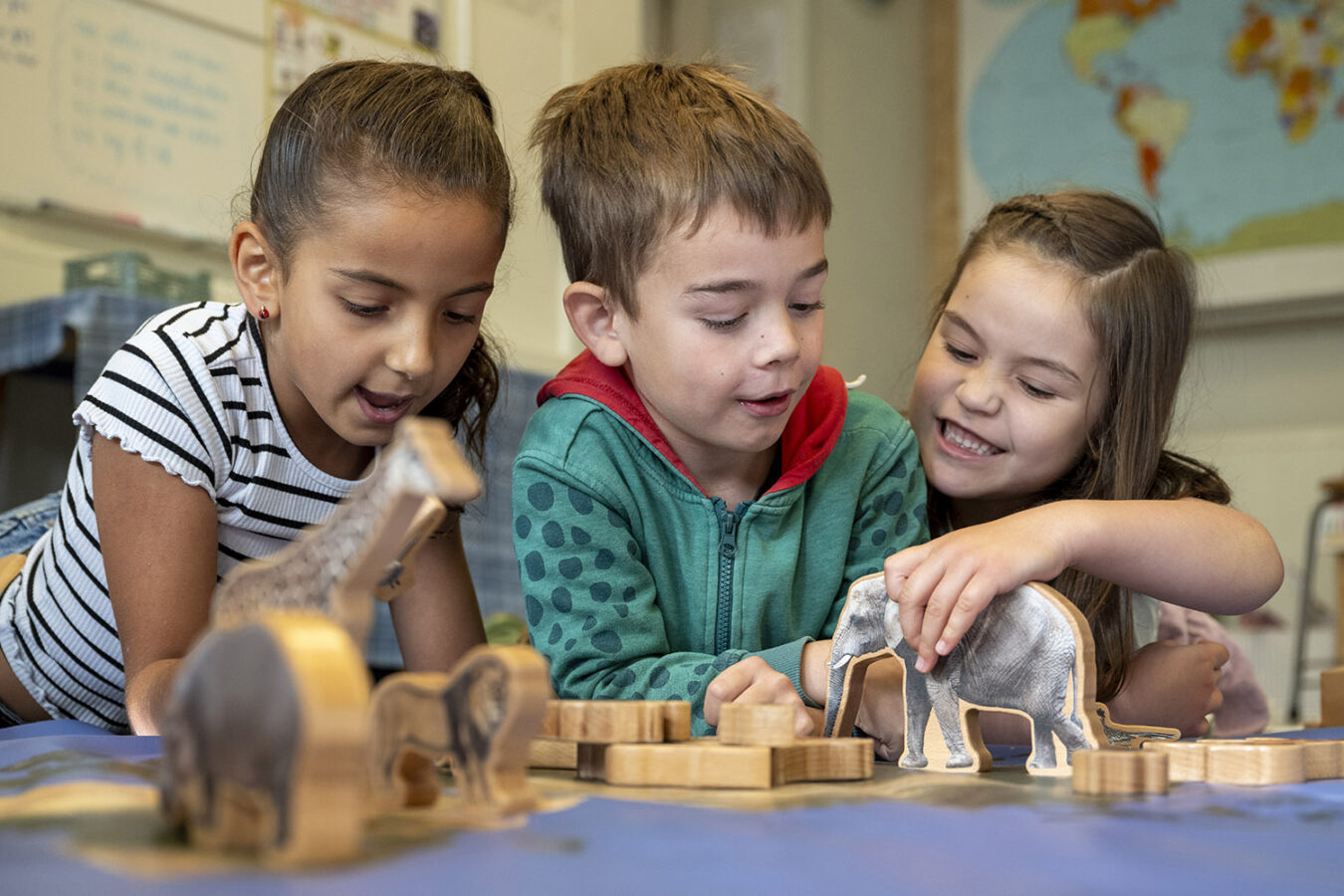
Play helps children make sense of the world, strategies when your child is a quitter, and kids struggling to hold pencils because of tech.
Our selection of thought-provoking and useful articles from around the web on educating and raising children.

How children make sense of the world
(Sheila Wayman, The Irish Times)
This article begins with a familiar scenario: give a small child an expensive toy, only to find them playing with the cardboard box it came in. It’s an insight into how children see the world, and the importance of play for them. How can educators build on what comes naturally to children? Not surprisingly for a leader in education, it’s Finnish researchers examining this at the Playful Learning Centre at the University of Helsinki.
What you should do if your child is a ‘quitter’
(William Stixrud, The Washington Post)
The best thing you can do to cushion kids from anxiety and develop motivation is to let them take the driver’s seat. This is the advice from the author, a specialist in learning difficulties. But what happens when the child in the driver’s seat drives into the quitter’s ditch, giving up on activities after a short period? The article offers some practical advice to encourage children to stay on the road to perseverance.
Children struggle to hold pencils because of too much tech, doctors say
(Amelia Hill, The Guardian)
We know that digital devices are changing the early childhood learning experiences. In the balance between the positives and negatives, senior paediatric doctors are warning that children are increasingly finding it hard to hold pens and pencils because of an excessive use of technology. This report from the United Kingdom says overuse of touchscreens is preventing children developing the finger muscles needed to hold a pencil.
Parents, stop nagging your kids not to forget – set visual cues instead
(Adam Bulley, Jonathan Redshaw, Sam Gilbert, The Conversation)
We all know young children forget things, hence the parental mantra of ‘don’t forget to’… This article suggests a better way: providing young children visual cues, such a timetable of weekly household chores on their bedroom door. This strategy is based on research by the authors, who found that it was only when children reached the age of 9 that they started setting themselves visual memory prompts.
Like this post? Please share using the buttons located on this page.
Subscribe to The Parents Website

